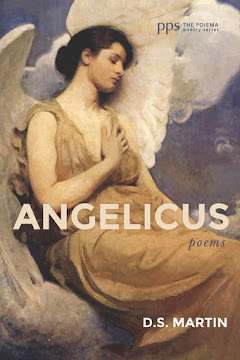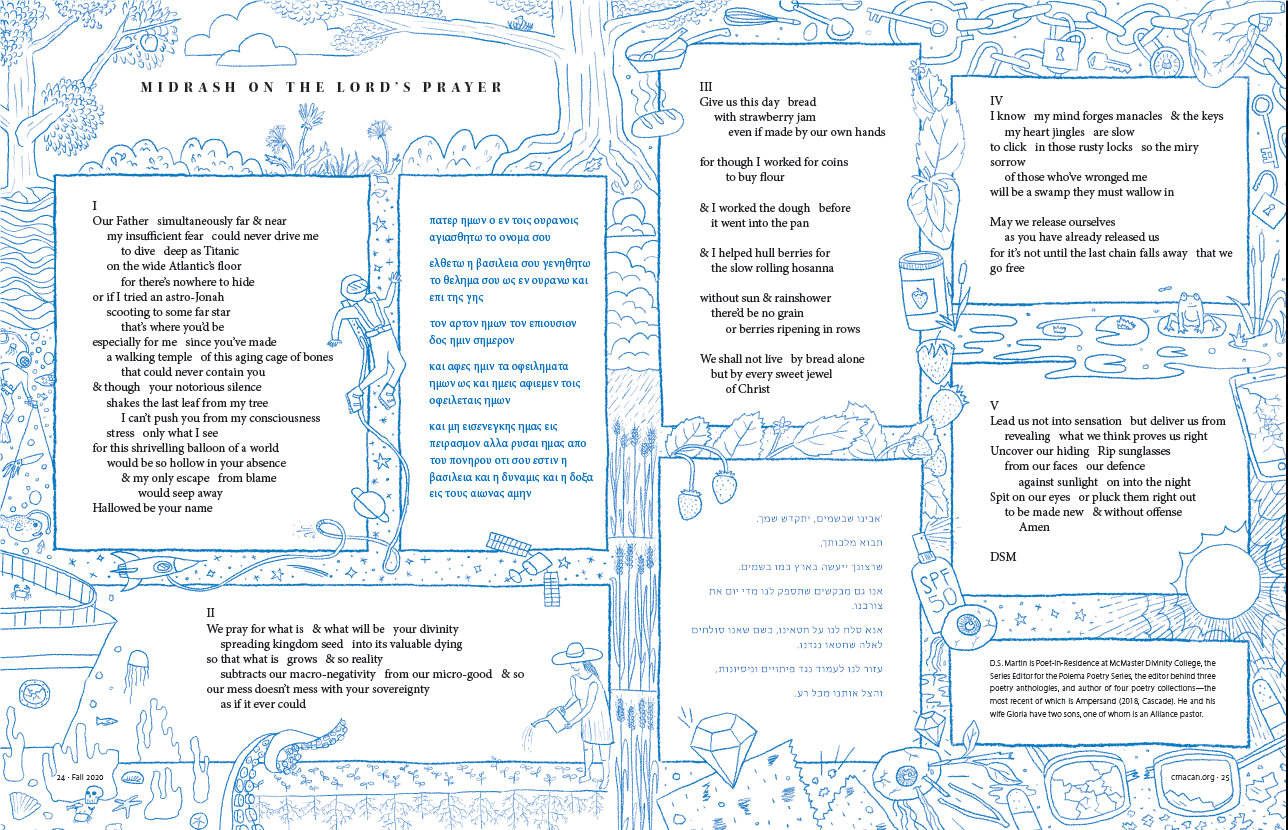 John Milton (1608—1674) in his great epic Paradise Lost presents the story of creation and the fall, using his sanctified imagination, yet carefully seeks to keep his tale true to scripture. His expansions on the biblical narrative help us to imagine what it might have been like, especially since the human reactions in Milton’s version ring so true.
John Milton (1608—1674) in his great epic Paradise Lost presents the story of creation and the fall, using his sanctified imagination, yet carefully seeks to keep his tale true to scripture. His expansions on the biblical narrative help us to imagine what it might have been like, especially since the human reactions in Milton’s version ring so true.When I read Paradise Lost last summer, I just had to read the following section aloud to my wife. It is a wonderfully romantic passage describing Adam’s experience of seeing Eve for the first time. Milton describes the scene as though the man is conscious of what God is doing when removing his rib, healing the wound, and fashioning something nearby with his hands. The account continues:
from Paradise Lost (VIII, 470-489)
Under his forming hands a creature grew,
Man-like, but different sex; so lovely fair,
That what seemed fair in all the world, seemed now
Mean, or in her summed up, in her contained
And in her looks; which from that time infused
Sweetness into my heart, unfelt before,
And into all things from her air inspired
The spirit of love and amorous delight.
She disappeared, and left me dark; I waked
To find her, or for ever to deplore
Her loss, and other pleasures all abjure:
When out of hope, behold her, not far off,
Such as I saw her in my dream, adorned
With what all Earth or Heaven could bestow
To make her amiable: On she came,
Led by her heavenly Maker, though unseen,
And guided by his voice; nor uninformed
Of nuptial sanctity, and marriage rites:
Grace was in all her steps, Heaven in her eye,
In every gesture dignity and love.
*This is the third Kingdom Poets post about John Milton: first post and second post
Entry written by D.S. Martin. He is the award-winning author of the poetry collections Poiema (Wipf & Stock) and So The Moon Would Not Be Swallowed (Rubicon Press). They are both available at: www.dsmartin.ca


















